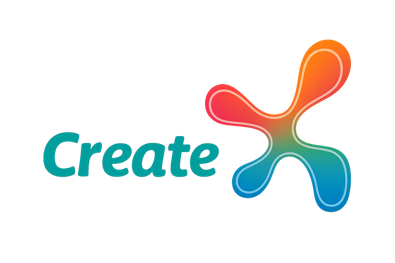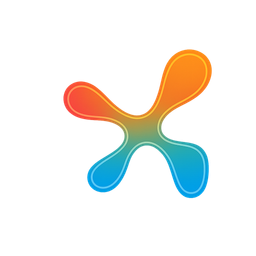OpenAI Charting the Course of the Artificial Intelligence Revolution
A Mission-Driven Genesis
In 2015, a collective of technology visionaries founded OpenAI with a profound and ambitious mission: to ensure that artificial general intelligence (AGI)—AI systems that surpass human capabilities in most economically valuable work—benefits all of humanity. Launched as a non-profit with a staggering $1 billion in initial commitments, its goal was to steer the future of intelligence away from purely commercial incentives and toward a future of shared prosperity and safety.
A Timeline of Accelerating Breakthroughs
1
2015: Founding
OpenAI is launched as a non-profit research lab with a $1B pledge.
2
2019: Capped-Profit Pivot
Transitions to a "capped-profit" model and receives a $1B investment from Microsoft.
3
2022: ChatGPT Unleashed
The release of ChatGPT catalyzes a global generative AI boom, reaching 100M users in two months.
4
2024-2025: Multimodal & Hypergrowth
Unveils the Sora text-to-video model and experiences exponential revenue growth.
The Engine of Creation: Foundational Models
GPT Series
The Generative Pre-trained Transformer models, culminating in GPT-4 and GPT-4o, form the backbone of modern natural language understanding and generation, powering applications like ChatGPT.
DALL-E Series
These models generate complex and high-quality images from simple text descriptions, pushing the boundaries of AI-driven creativity and visual art.
Sora
A leap into the physical world, Sora creates realistic and imaginative video scenes from text instructions, understanding motion and character consistency.
Exponential Revenue Trajectory
The launch of ChatGPT and its enterprise offerings triggered an unprecedented surge in revenue. This financial hypergrowth reflects the massive global adoption of OpenAI's technology, moving from a research project to a dominant force in the software industry in record time.
Soaring Valuation
Fueled by its technological lead and explosive revenue, OpenAI's valuation has skyrocketed. Major funding rounds, particularly from partner Microsoft, have cemented its position as one of the most valuable private companies in the world, reflecting investor confidence in its path to AGI.
A Unique Structure: Mission Meets Market
To fund the immense computational costs of AGI research, OpenAI designed a novel corporate structure. A non-profit board maintains ultimate control, ensuring the mission to benefit humanity is always prioritized. This non-profit governs a "capped-profit" subsidiary, which can raise capital and attract talent, but where investor and employee returns are limited. This hybrid model attempts to harness the dynamism of a startup while safeguarding its foundational ethical charter.
OpenAI Non-Profit
The ultimate governing body. Its mission is to ensure AGI benefits humanity.
Controls & Governs
The Non-Profit board directs the for-profit arm to execute the core mission.
OpenAI LP (Capped-Profit)
Raises capital, hires talent, and builds products. Financial returns for investors (like Microsoft) and employees are capped.
Any financial returns generated beyond the cap are directed back to the Non-Profit to further its mission.
The Ripple Effect: Industry Impact
OpenAI's rapid advancements have created a paradigm shift across the global economy. The widespread availability of powerful AI tools is transforming industries, automating tasks, and creating new job categories centered on AI management and prompt engineering. This disruption has also ignited urgent global conversations around AI ethics, data privacy, job displacement, and the need for thoughtful regulation to manage the technology's societal impact.
Key Funding Partners
While many have invested, Microsoft's multi-billion dollar partnership is foundational, providing crucial capital and supercomputing infrastructure.

Detailed Research Report



